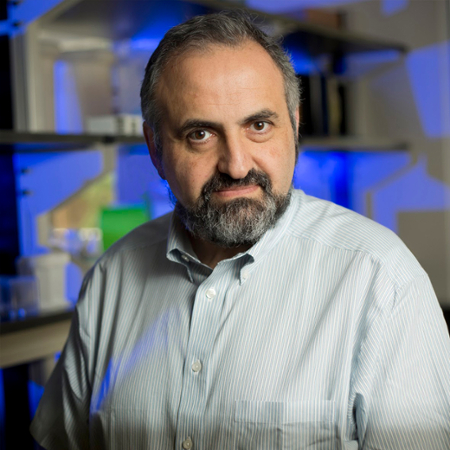Founders & Organizers
The founders and organizers of The Myeloid Network have come together with a shared vision to advance the field of myeloid cell biology through collaboration, innovation, and knowledge exchange. With expertise spanning immunology, cancer research, and translational medicine, they recognized the need for a global platform that fosters communication between scientists, clinicians, and researchers dedicated to understanding the complexities of myeloid cells in health and disease.
By combining their diverse backgrounds in tumor immunology, myeloid cell signaling, and therapeutic development, they have created a network that not only bridges fundamental research with clinical applications but also drives the discovery of novel immunotherapies. Their collective experience ensures that The Myeloid Network remains at the forefront of scientific advancements, providing a dynamic space for emerging researchers and established leaders to push the boundaries of myeloid cell research and its impact on disease treatment.
Organizers
The Myeloid Network was co-founded by leading experts in cancer immunology and tumor microenvironment research. The founders and current organizers continue to bring unique expertise that guides the network’s initiatives, ensuring its impact on the global scientific community.
Dr. Judith A. Varner, PhD (University of California, San Diego, Moores Cancer Center)
A pioneer in studying the role of myeloid cells in the tumor microenvironment, Dr. Varner’s work has led to groundbreaking discoveries in macrophage-targeted cancer therapies. Her research has contributed to the development of drugs targeting PI3Kγ, which modulate myeloid cell function to enhance immune responses in cancer patients. Her leadership in translational immunotherapy research is a key driving force behind the network’s focus on clinical applications.
Dr. Jennifer L. Guerriero, PhD (Brigham and Women's Hospital, Harvard Cancer Center)
A leading immunologist, Dr. Guerriero specializes in tumor-associated macrophages (TAMs) and their role in modulating immune responses. Her research focuses on reprogramming TAMs to enhance T-cell activation, improve immunotherapy outcomes, and combat therapeutic resistance in cancer. Her expertise has been instrumental in shaping the Myeloid Network’s mission to advance myeloid cell research.
Dr. Dmitry I. Gabrilovich, MD, PhD (AstraZeneca, Formerly at Wistar Institute)
Renowned for his pioneering work on myeloid-derived suppressor cells (MDSCs), Dr. Gabrilovich has transformed the understanding of how these cells contribute to immune suppression in cancer. His research has led to new therapeutic strategies aimed at reversing immune evasion mechanisms in tumors. His influence ensures the Myeloid Network remains at the forefront of translational immunotherapy research.
Dr. Jelani C. Zarif, PhD (Johns Hopkins University, Bloomberg-Kimmel Institute for Cancer Immunotherapy)
An emerging leader in prostate cancer immunology, Dr. Zarif’s research focuses on how myeloid cells, particularly macrophages, drive therapeutic resistance and metastasis in cancer. His work on novel immunotherapeutic targets is essential in developing more effective treatments for metastatic prostate cancer. His involvement in promoting diversity in biomedical sciences also aligns with the network’s commitment to inclusivity and mentorship.
The Myeloid Network continues to serve as a hub for global collaboration, offering seminars, discussions, and resource-sharing opportunities for researchers studying myeloid cell biology. By uniting experts across disciplines, the network plays a pivotal role in advancing cancer immunotherapy, driving new discoveries, and improving patient outcomes worldwide. Through its ongoing research efforts, the network remains dedicated to translating fundamental science into clinical applications that transform cancer treatment.






